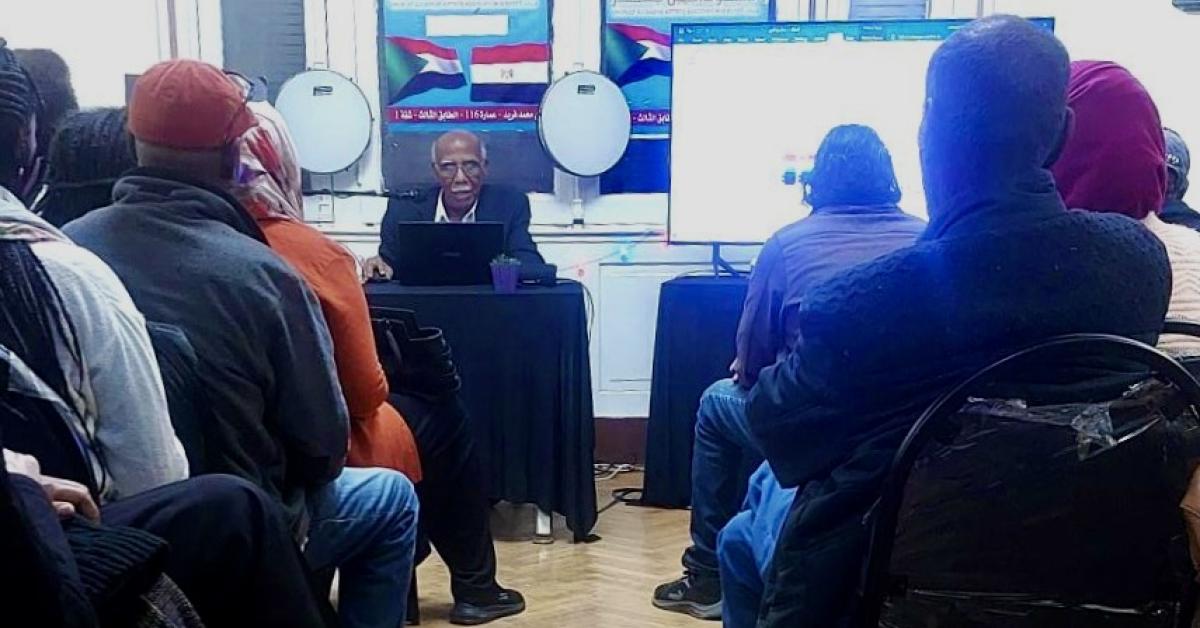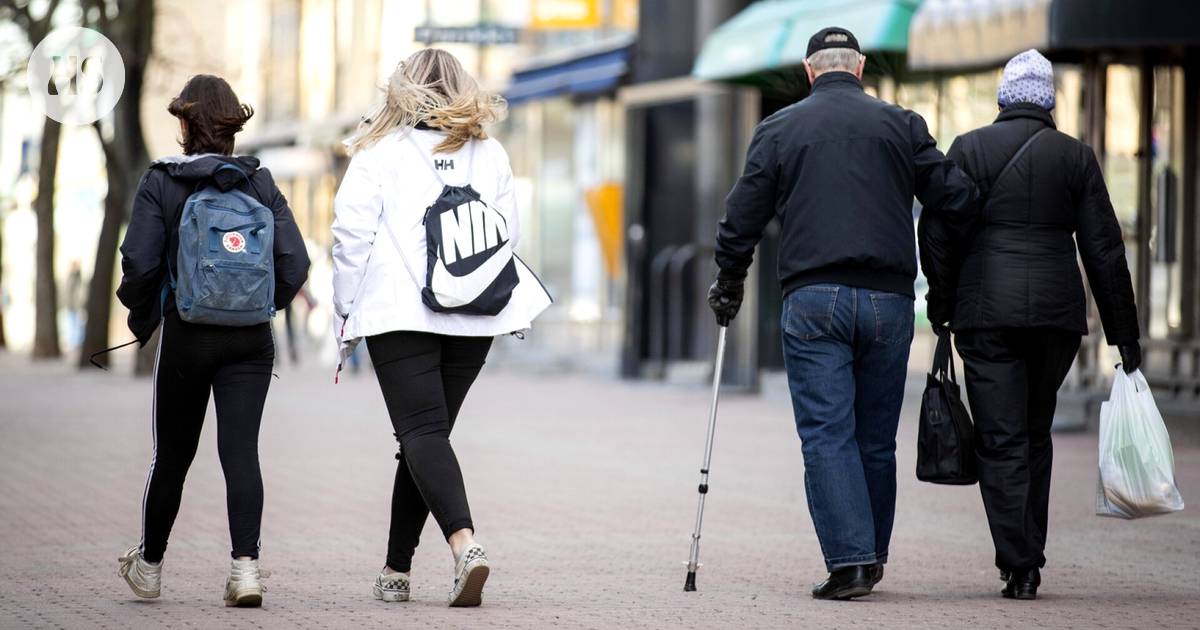Recently, UNESCO’s Regional Office for Egypt and Sudan participated in a public event organized by the Sudanese Artist Union—Cairo Branch. The event aimed to show ongoing support for Sudanese cultural professionals during challenging times. The highlight of the event was a lecture given by Prof Abdo Osman from Khartoum University’s Faculty of Art, titled “The Seven Hypotheses.” The lecture explored the fascinating relationship between color and music, emphasizing how synchronizing music with color visuals can enhance the sensory experience for audiences.
During his lecture, Prof Abdo Osman also discussed innovative technologies like color-to-music scanners and electronic implants that have the potential to make music more accessible to visually and hearing impaired individuals. This demonstrates a significant step towards inclusivity in the arts, making cultural experiences available to a wider audience.
In response to the conflict that began in 2023, UNESCO has been providing increased support to Sudanese artists and cultural professionals through the UNESCO Aschberg Programme. This support is guided by the 2005 Cultural Diversity Convention and the 1980 Recommendation on the Status of Artists and includes assessments of damage to cultural institutions and advocacy efforts to protect and promote the cultural rights of artists and musicians.
Recognizing the important role of artists and cultural professionals, especially in times of conflict, UNESCO emphasizes their contribution to healing, addressing trauma, facilitating reconciliation, and building societal resilience. Through their artistic expression, these cultural actors are seen as messengers of peace, working towards a more peaceful and resilient future. By supporting these individuals, UNESCO is committed to empowering them to continue their work in promoting understanding and unity through cultural expression.


